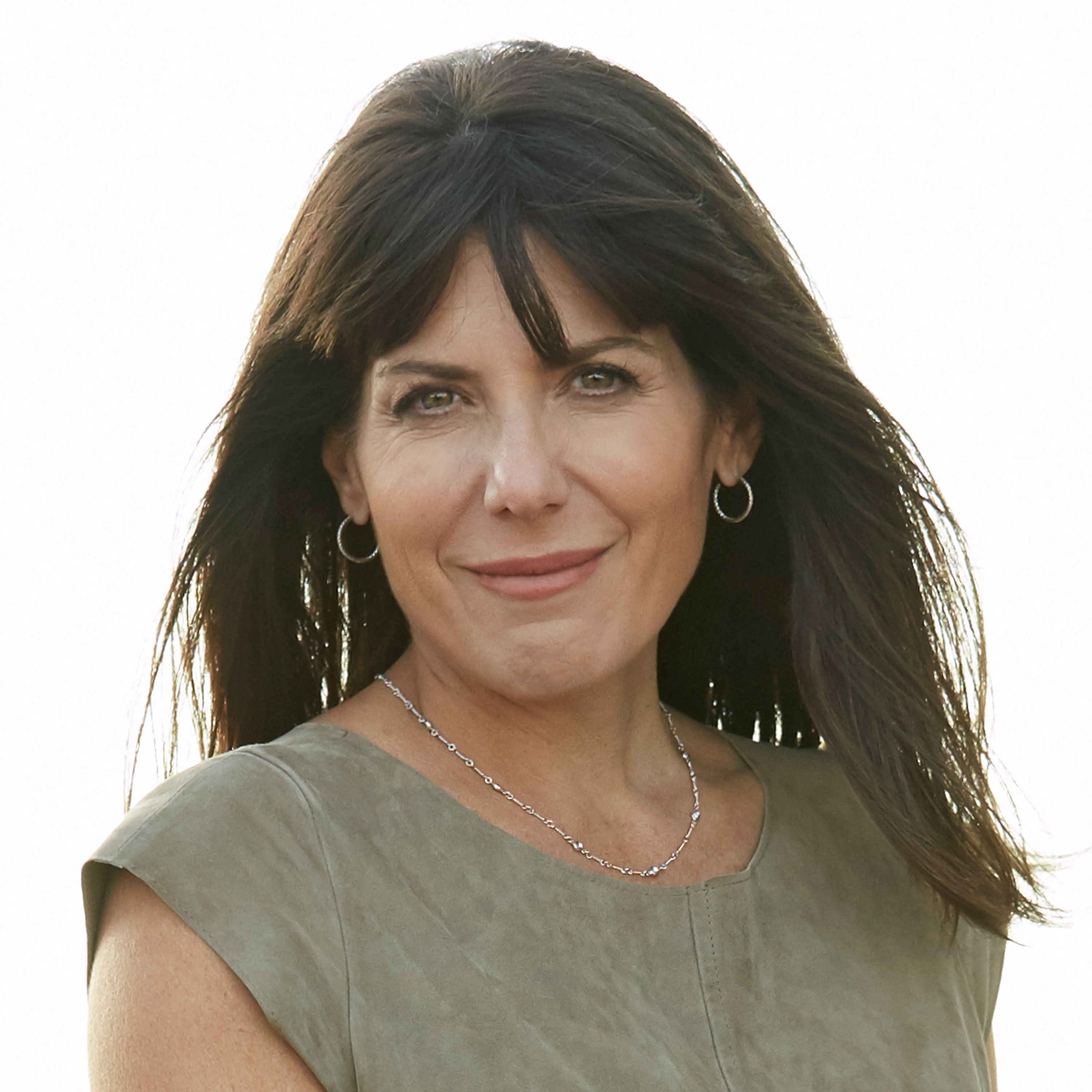Did you know you have a money story?
Your money story is the emotional relationship you have with your money — the values or fears that you attach to how you earn, invest and spend it.
According to Jean Chatsky, author of “Women with Money,” your money story was scripted long before you even earned your first paycheck. It originates from how you saw your parents manage — or not manage — their money.

Courtesy Jean Chatzky
Jean Chatzky
Chatzky is an award-winning personal finance journalist and founder/CEO of HerMoney, a multimedia company geared to changing the relationship women have with their money. In the introduction to her book, she posits that women today have more money and power than ever before, so why are they still conflicted and unsure of what to do with it?
She answers that question via insights gleaned from her candid interviews with women, and input from top economists, behaviorists, financial planners and attorneys.
Then she presents her three-part plan to help women get paid what they deserve, become inspired to start businesses, invest for tomorrow, and learn how to make their money last to care for their own needs and those they love.
Sandra Gilpatrick, CFP, CDFA, Wealth Consultant LPL Financial, is a Boston-based certified financial planner who helps millennial and Gen X women put many of Chatzky’s women-empowering principles into practice.
“Every woman who comes to me has their own story and baggage when it comes to money,” says Gilpatrick. “Too often they feel some shame about having put their head in the sand — what they haven’t been facing — or that they don’t know how to budget or invest their money. I tell them it’s not their fault! Most women have never been taught anything about money and how to manage it.”
Gilpatrick says that women, in general, don’t get any training in money management because “talking about money is still taboo in lots of families, and parents don’t share even simple things about how a family budget works. Money management isn’t taught in school, and money isn’t a topic of most daily information channels that many women tune in to — women’s magazines don’t usually include stories about money management. So, where is a woman supposed to learn how to do it?”
Foster Your Relationship With Your Money
For most of her female clients, Gilpatrick says that learning how to budget is their number one issue. “I’ll have a 30-something-year-old client with a good income of $120,000 come to me who has no grasp of where her money is going. She’s foggy about how much is taken out in deductions for taxes, health care or a 401K. Often her spending of what’s left isn’t aligned with her goals of saving for a house, her child’s college expenses or retirement.”
“I work with each client to help them become more informed and mindful of what they are spending so they can make conscious decisions to reach their financial goals — just like they are mindful about the decisions they make to reach fitness or health goals. Sticking to a budget is a lot like using a fitness app where you log calories each day to stick to a diet.”
Both Chatzky and Gilpatrick encourage women to seek help from professionals who have the financial knowledge they lack. “A CFP can help a woman chart the financial steps she needs to take, and then hold her accountable in reaching her financial goals,” says Gilpatrick.
Gilpatrick suggests that you interview a few different people to find the person and relationship style that suits you. “Other than checking on the website that their professional record is clean, I tell people to go with their gut about who they like,” she adds. “My industry has been dominated by what I call ‘old, male, pale and stale,’ and I want to change that because the old guard [hasn’t been] about relationship. The relationship should feel a lot like working with a personal coach. Health and wealth should be our most important professional relationships.”



 3 min read
3 min read


